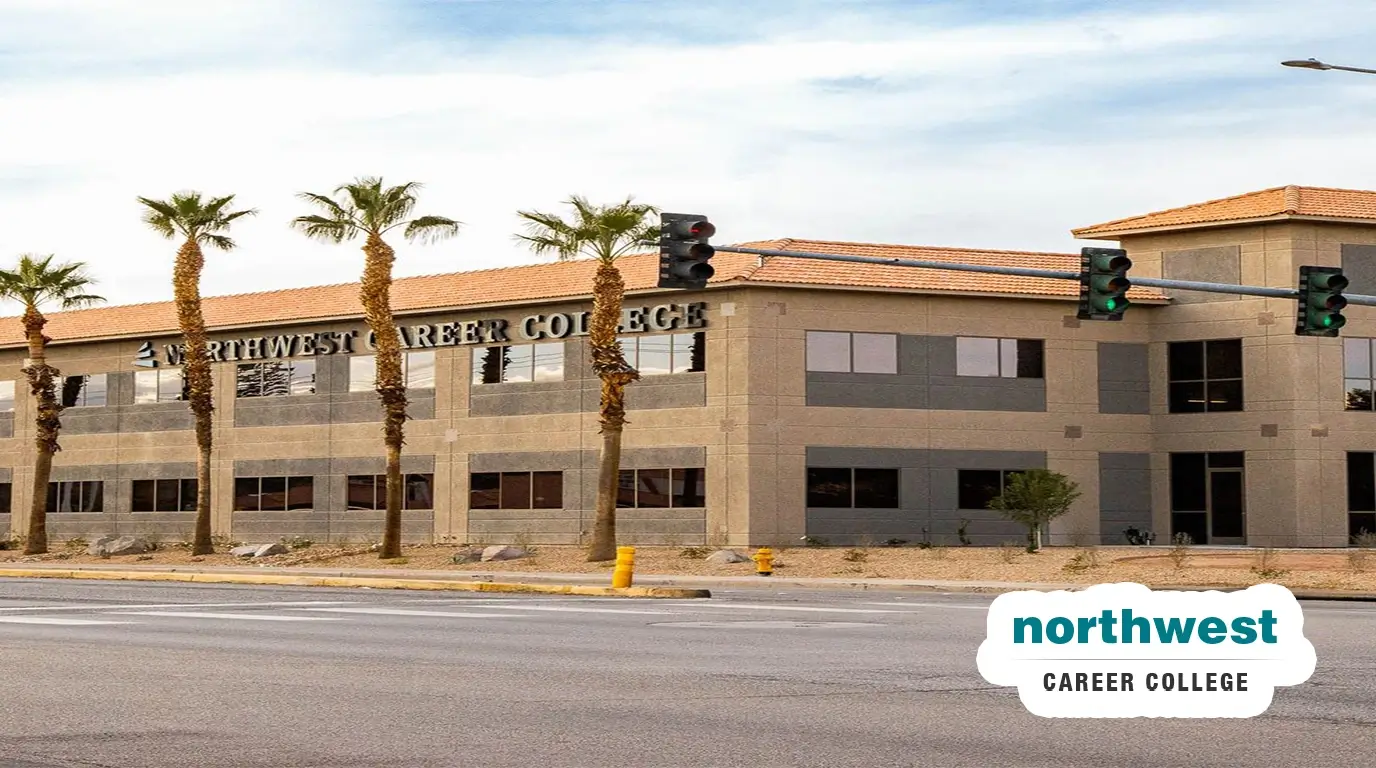Becoming a Paralegal in Missouri – Your State-Specific Guide
Hey, have you ever wondered what it’d be like to step into the legal world in Missouri without spending half a decade in law school? I mean, with over 5,600 paralegals already working across the state according to the latest numbers from The Bureau of Labor Statistics, becoming a paralegal in Missouri might just be the perfect way to get there. So, what’s the deal—how do you make it happen? I’ve been around the legal scene long enough to know the ins and outs, and I’m here to break it down for you with a Missouri twist. This isn’t some generic career spiel—it’s a real, boots-on-the-ground guide tailored just for the Show-Me State.
Paralegals are the unsung heroes keeping Missouri’s law firms, corporate offices, and government agencies humming. They’re digging into case files, drafting documents, and making sure attorneys don’t miss a beat. Whether it’s supporting big-name firms in St. Louis or helping out in Jefferson City’s government hubs, this career’s got a foothold here. Stick with me, and I’ll walk you through everything you need to know to get started as a paralegal in Missouri.
Paralegal Definition and Regulation in Missouri
Let’s start with the basics: what even is a paralegal in Missouri’s eyes? Well, the state doesn’t hand out a fancy legal definition like some places do. Instead, Missouri’s Rules of Professional Conduct—Rule 5.3, if you’re curious—call paralegals “nonlawyer assistants.” It’s a straightforward way of saying you’re the one helping attorneys with the heavy lifting, but you’re not stepping into their shoes to practice law. No big, official title—just a practical role.
Now, about rules and regs: Missouri keeps it pretty chill. There’s no state licensing or mandatory certification to become a paralegal in Missouri. You won’t need to jump through hoops for a government stamp of approval. That said, you’re not totally off the hook. Since you’ll be working under an attorney, you’ve got to follow their ethical playbook—think client confidentiality and staying out of trouble. The attorney’s the one accountable, so they’ll keep you in line.
- Key Takeaway: Missouri doesn’t define or regulate paralegals strictly—just work ethically under an attorney’s watch.
Education Requirements and Recommended Programs in Missouri
So, do you need a degree to be a paralegal in Missouri? Legally, no. You could walk into a firm with a high school diploma and some grit, and maybe—maybe—they’d train you up. But let’s be real: in today’s Missouri job market, that’s a long shot. Most employers here want at least an associate’s degree in paralegal studies, and some of the bigger players—like firms in Kansas City or St. Louis—might nudge you toward a bachelor’s or a certificate. And here’s a pro tip: ABA-approved programs are a golden ticket. The American Bar Association stamp means you’re legit, and Missouri employers eat that up.
If you’re looking at paralegal education programs in Missouri, here’s where I’d point you:
- Missouri Western State University – Offers an ABA-approved Bachelor of Science in Criminal Justice with a Legal Studies emphasis, plus an associate’s and certificate. It’s in St. Joseph—great for hands-on learning.
- Metropolitan Community College – Kansas City – Their Associate in Applied Science in Legal Studies is ABA-approved and remote-friendly. Perfect for KC folks or anyone wanting flexibility.
- Maryville University – Out of St. Louis, they’ve got an ABA-approved Bachelor of Arts in Legal Studies. Online or on-campus, it’s a solid pick.
- Drury University – In Springfield, they offer a certificate in Paralegal Studies that’s quick and practical—ideal for south Missouri.
Online options? Oh yeah, they’re a thing. MCC and Maryville have you covered if you’re juggling life and can’t hit a classroom. Legal assistant training in Missouri doesn’t have to tie you down—flexibility’s key for a lot of folks here.
- Key Takeaways:
- No degree required by law, but an associate’s is the practical starting line.
- ABA-approved programs like Missouri Western or MCC give you a leg up.
- Online tracks work great for Missourians balancing busy schedules.
Paralegal Certification and Credentials in Missouri
Here’s the scoop on certification: Missouri doesn’t make you get one. There’s no state-specific [paralegal certification in Missouri] that’s mandatory—no official “Missouri Paralegal Badge” or anything like that. But there’s a voluntary option worth a look: the Missouri Paralegal Association offers something called the Missouri Certified Paralegal (MCP) credential. It’s not a must, but if you’ve got some education and a couple years under your belt, it’s a nice way to flex your skills.
Nationally, though, there’s more juice. Certifications like NALA’s Certified Paralegal (CP) or the NFPA’s CORE Registered Paralegal (CRP) are big in Missouri. NALA says the CP—earned through an exam—shows you’ve got the goods, and it’s a hit with employers in places like St. Louis. The CRP’s another strong contender, proving you’ve nailed the essentials.
Why bother? In Missouri, certification’s a credibility booster. It can nudge your paralegal salary in Missouri up a bit—sometimes a few grand—and it opens doors to better law firm jobs in Missouri for paralegals. Trust me, I’ve seen it make a difference.
- Key Takeaways:
- No state certification required, but the MCP’s a voluntary perk.
- National options like NALA CP or NFPA CRP carry weight in Missouri.
- Certification ups your pay and job prospects.
Paralegal Associations in Missouri
Networking’s gold in this game, and Missouri’s got some solid paralegal associations to tap into:
- Missouri Paralegal Association (MPA) – The main player. They’ve got the MCP credential, job postings, and events across the state.
- Kansas City Paralegal Association (KCPA) – Covers the KC metro with CLE, networking, and career support—super active group.
Joining’s a no-brainer. You get job leads, continuing legal education (CLE) to stay sharp, and a chance to meet folks who can point you to gigs. I’ve watched paralegals land jobs just by showing up to a KCPA mixer—it’s that real.
- Key Takeaway:
- MPA and KCPA are your networking hubs in Missouri.
- Membership means jobs, CLE, and connections.
Job Market Outlook and Salary for Paralegals in Missouri
Let’s talk jobs and cash. The job market for paralegals in Missouri is steady as she goes. The BLS clocked 5,640 paralegals working here in 2023, mostly in St. Louis, Kansas City, and Springfield. Big firms like Shook, Hardy & Bacon or corporate legal teams at Emerson Electric keep things buzzing. Smaller towns? You’ll still find work—think county courts or solo attorneys.
Money-wise, Missouri’s solid. The average paralegal salary in Missouri hit $61,100 in 2023 per the BLS—right around the national median. Top earners pulled in $82,730—those are the seasoned folks or specialists in stuff like intellectual property. Location’s a factor: St. Louis averages $63,000 (Indeed data), while rural spots might dip to the high $40s. Experience, education, and certification can juice that number up.
Growth’s looking decent too. Projections Central says Missouri’s paralegal jobs will climb 5.3% from 2022-2032—faster than the national 4.2%. That’s about 620 openings a year, mixing new roles and turnover. Not a gold rush, but a good bet.
- Key Takeaways:
- Steady demand, especially in St. Louis and KC.
- Average salary: $61,100, with top pay at $82,730.
- Job growth: 5.3% through 2032—reliable stuff.
Key Takeaways: Steps to Becoming a Paralegal in Missouri
Alright, ready to jump in? Here’s your roadmap to becoming a paralegal in Missouri:
- Research paralegal programs in Missouri—check out MCC or Missouri Western.
- Pick your education: associate’s, bachelor’s, or certificate, depending on your vibe.
- Go for ABA-approved programs if you can—they’re clutch.
- Explore national certifications like NALA CP or NFPA CRP for that extra shine.
- Hook up with paralegal associations in Missouri—MPA’s your starting line.
- Start your job hunt, focusing on Missouri’s legal hotspots like St. Louis or KC.
This is your shot, Missouri style. Got questions? Drop ‘em in the comments—I’d love to chew the fat about breaking into this gig. Want more? Peek at our pages on what paralegals do or dig into career tips. Let’s get you rolling!




